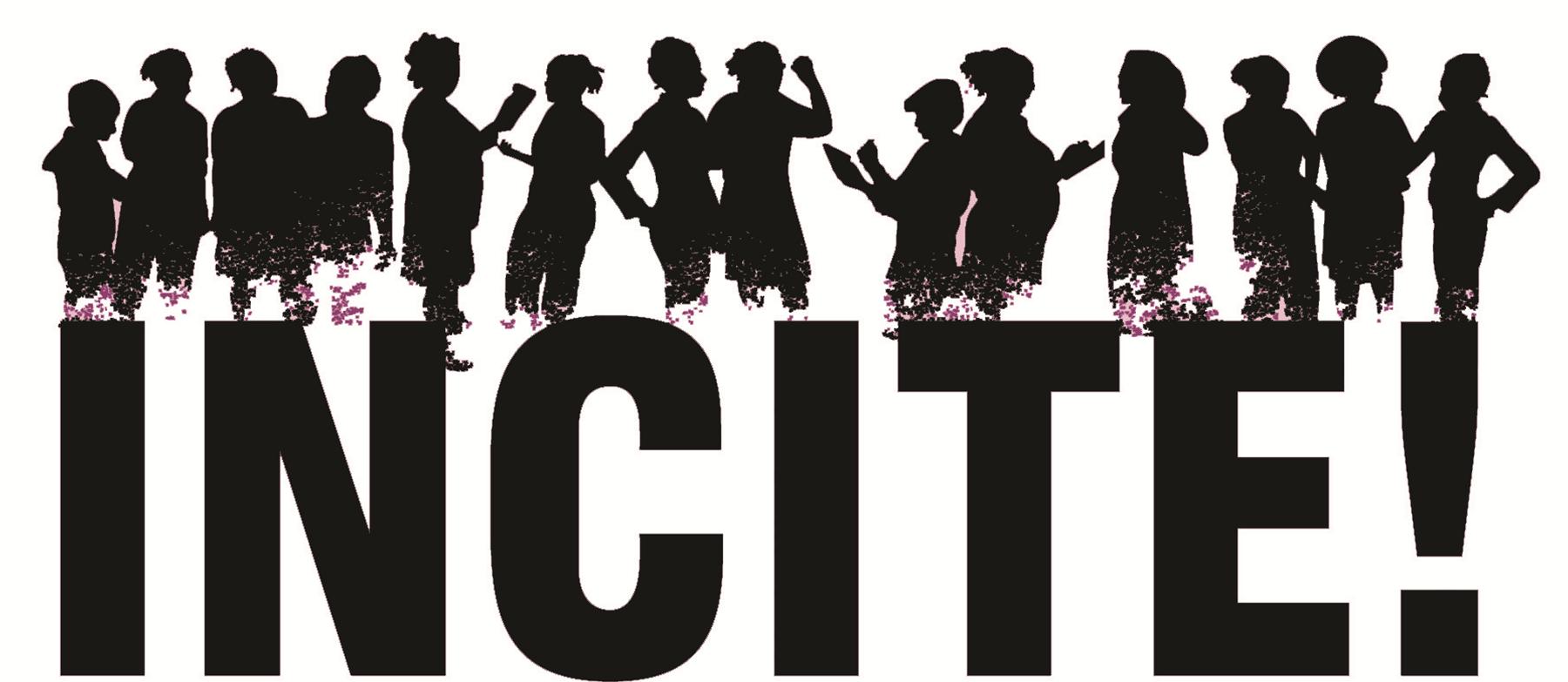Thousands of organizers, artists, healers, writers, and more are converging in Detroit beginning this week for the expansive and exciting movement building events, the Allied Media Conference and the US Social Forum. It promises to be a generative time for all of us to dream, plan, and organize projects & strategies to end corporate- and state-sanctioned violence and violence within our communities that target us, and to build loving, accountable, creative, and connected relationships, networks, and lives that will help sustain us.
As we converge in Detroit with the purpose of organizing for an end to violence against women, trans, and queer people of color, we also honor the life of 7-year-old Aiyana Stanley-Jones, a little girl who was shot and killed by a police officer in a police raid on May 16th in Detroit. We recognize that police violence against girls of color, especially children and teens who identify as queer or who do not conform to gender expectations, is not unusual, but is always devastating.
Here is a series of articles that explore several important and difficult issues related to the tragic loss of Aiyana and the surrounding circumstances:
Akiba Solomon at ColorLines discusses the tension between calling attention to Aiyana’s death and the reason the police were at her home — to investigate the murder of a 17 year old young man, Je’Rean Blake — raising the question, how do we organize responses to police violence if we rely on police to address violence within our communities, including domestic violence, sexual violence, and gang violence? She writes,
Cargill’s conflicted reaction is gut wrenching. “I’m sorry what happened to the 7-year-old child, you know my sympathy [goes] out for 7-year-old. But they knew the guy killed my son [Je’Rean Blake],” Cargill charges about the Jones family’s relationship with Owens. “Everything got started because that guy killed my son. That girl would have been living right now and my son would have been living too. … They don’t think about my son. They talk all about the 7-year-old girl. What about my son?”
This situation is too much, too sad, too unfair, too senseless to intellectualize about the moral equivalency this grieving mother is expressing. Too much, too sad, too unfair, too senseless to harp on how excessive police force—not her child’s murder by a civilian—led to the death of Aiyana. Who am I to question her anger at the lack of public focus on Je’Rean? After all, his killing should be just as aberrant as Aiyana’s—not just business as usual in the poor, Black neighborhood both children called home.
The blog, The New Black Woman, also highlights this tension in a piece that calls attention to the danger of “no-knock warrants” and to the urgent need to both stop police violence and develop accountability strategies to address violence within our communities. She asks,
When are we going to decide that our children have the right to live in safe neighborhoods? When are we going to decide that our children do not deserve to be subjected to police raids and gunfire? When are we going to decide to take back our streets, our homes and our livelihood?
Latoya Peterson at Racialicious analyzes the media response to the tragedy and to state violence in communities of color in general. She writes,
For Aiyana Stanley-Jones, her senseless death should have sparked a much better conversation than the rumination of reality television crews. While that area is ripe for exploration (and I would personally be interested to know if producers on cop reality shows use the same manipulative tactics as they do on regular competition shows), that should not be the only angle taken in the realm of the news. Look at the excerpts above. Police violence, state sanctioned violence, the militarization of police forces in the aftermath of 9/11, cycles of violence – there are many different angles to discuss with this story, but it appears that there is no interest in looking at those who are marked as “others.”
 brownfemipower at Flip Flopping Joy also sends feedback to those activists aiming to “rescue” Detroit. She writes,
brownfemipower at Flip Flopping Joy also sends feedback to those activists aiming to “rescue” Detroit. She writes,
When all the cameras you bring start filing their reports–and FOX news uncovers something horrible and proceeds to paint all of Detroit and grieving devastated human beings as god knows what […] – will you be there to pick up the pieces? To protect grieving relatives that only want to feel her alive baby body in their arms one more time?
Will you be there to remind everybody that the relentless depictions of Detroit as Murder Capital USA are at least partially inaccurate, because police are doing the murdering too? Will you be there with money and resources when state and federal aid are decreased *again*—because Detroit should just be left to die?
Will you admit that police brutality is something women experience too?
We need all of our strength, wisdom, and passion to pursue these critical questions and create realities in which the lives of women, girls, trans, & queer people of color are valued. Visit this page for more info on the INCITE!/To Tell You The Truth workshop track at AMC. For more info on work happening at the USSF, visit a list of their workshop tracks or the program. To download the INCITE! toolkit to Stop Law Enforcement Violence Against Women of Color & Trans People of Color, visit this website.















Recent Comments